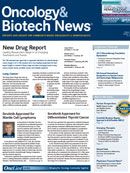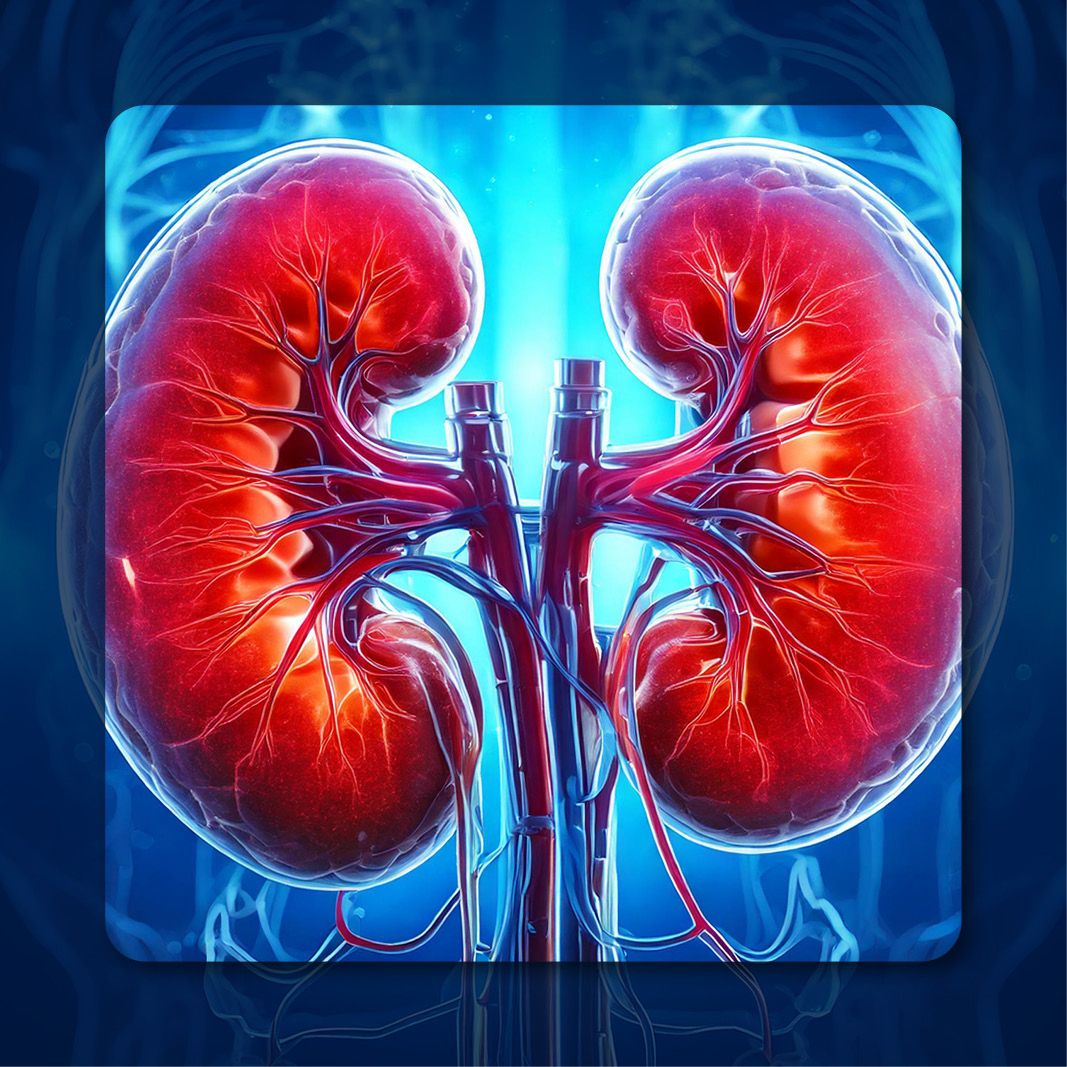Publication
Article
Oncology & Biotech News
Brentuximab Vedotin Should Not Be Combined With Bleomycin in First-Line Treatment of Hodgkin Lymphoma
Author(s):
Brentuximab vedotin (Adcetris) should not be given with bleomycin as a first-line therapy for patients with advanced-stage Hodgkin lymphoma
Anas Younes, MD
Brentuximab vedotin (Adcetris) should not be given with bleomycin as a first-line therapy for patients with advanced-stage Hodgkin lymphoma, according to a phase I study comparing the agent in combination with standard (ABVD) or modified standard (AVD) treatment. The study also found that brentuximab vedotin combined with AVD is well tolerated by patients. An ongoing phase III trial (NCT01712490) will now determine whether frontline brentuximab vedotin plus AVD is better than ABVD for patients with Hodgkin lymphoma.
Standard treatment for Hodgkin lymphoma is approximately 4-6 cycles of ABVD—a combination of the chemotherapy drugs doxorubicin, bleomycin, vinblastine, and dacarbazine—and radiation therapy. This cycle of chemotherapy and radiation therapy can cause longterm side effects that include heart problems and other types of cancer.
Patients with relapsed Hodgkin lymphoma have successfully been treated with brentuximab vedotin, an antibody-drug conjugate containing an anti-CD30 monoclonal antibody. In this phase I, single-arm, openlabel, dose-escalation trial, Anas Younes, MD, chief of the Lymphoma Service at Memorial Sloan-Kettering Cancer Center, and colleagues sought to test whether combining brentuximab vedotin with ABVD or AVD would reduce the number of chemotherapy cycles needed to be effective as a treatment for newly diagnosed Hodgkin lymphoma.
Patient criteria for this study included treatment naïve, CD30-positive, aged 18 to 60 years, histologically confirmed stage IIA bulky or stage IIB—IV disease, ECOG performance status ≤2, and no known pulmonary disease requiring medication.
In the study, 51 patients were given intravenous infusions of brentuximab vedotin at 0.6, 0.9, or 1.2 mg/kg every 2 weeks with either ABVD (25 mg/m2 doxorubicin, 10 units/m2 bleomycin, 6 mg/m2 vinblastine, and 375 mg/m2 dacarbazine; n = 25) or AVD (same dosages without bleomycin; n = 26) for up to six cycles.
Phase I Data for Brentuximab Vedotin Plus ABVD or AVD in Hodgkins Lymphomaa
ABVD arm
AVD arm
Complete Remission (%)
95
96
Pulmonary Toxic Effects (%)
44
0
Brentuximab vedotin is an antibody-drug conjugate containing an anti-CD30 monoclonal antibody.
aData are from 51 patients with newly diagnosed, treatment-naïve Hodgkins lymphoma who received brentuximab vedotin plus ABVD or AVD.
ABVD indicates doxorubicin, bleomycin, vinblastine, and dacarbazine
The maximum tolerated dose of brentuximab vedotin combined with ABVD or AVD did not exceed 1.2 mg/ kg. Of 22 patients given brentuximab vedotin and ABVD who completed the study, 21 (95%) achieved complete remission. Of 25 patients given brentuximab vedotin and AVD who completed the study, 24 (96%) achieved complete remission. In the ABVD group, an unacceptable amount of pulmonary toxic effects (11 out of 25, 44%) were noted. No toxic pulmonary effects were noted in the AVD group.
The most common grade ≥3 adverse events included neutropenia (80% [20/25] of the ABVD group vs 77% [20 /26] of the AVD group), anemia (20% vs 12%), febrile neutropenia (20% vs 8%), pulmonary toxic effects (24% vs 0), syncope (12% vs 8%), dyspnoea (12% vs 4%), pulmonary embolism (12% vs 0), fatigue (4% each), and leucopenia (4% each).
Overall, serious events occurred in 56% of the ABVD group and 27% of the AVD group. Serious events occurring in >10% of patients included febrile neutropenia (16% in ABVD, 8% in AVD) and pulmonary toxicities (24%, ABVD group only).
Younes A, Connors JM, Park SI, et al. Brentuximab vedotin combined with ABVD or AVD for patients with newly diagnosed Hodgkin’s lymphoma: a phase 1, open-label, dose-escalation study. Lancet Oncol. 2013;14(13):1348-1356.


























%20(2)%201-Recovered-Recovered-Recovered-Recovered-Recovered-Recovered-Recovered-Recovered-Recovered-Recovered-Recovered-Recovered-Recovered-Recovered-Recovered-Recovered-Recovered.jpg?fit=crop&auto=format)
%20(2)%201-Recovered-Recovered-Recovered-Recovered-Recovered-Recovered-Recovered-Recovered-Recovered-Recovered-Recovered-Recovered-Recovered-Recovered-Recovered-Recovered-Recovered.jpg?fit=crop&auto=format)
